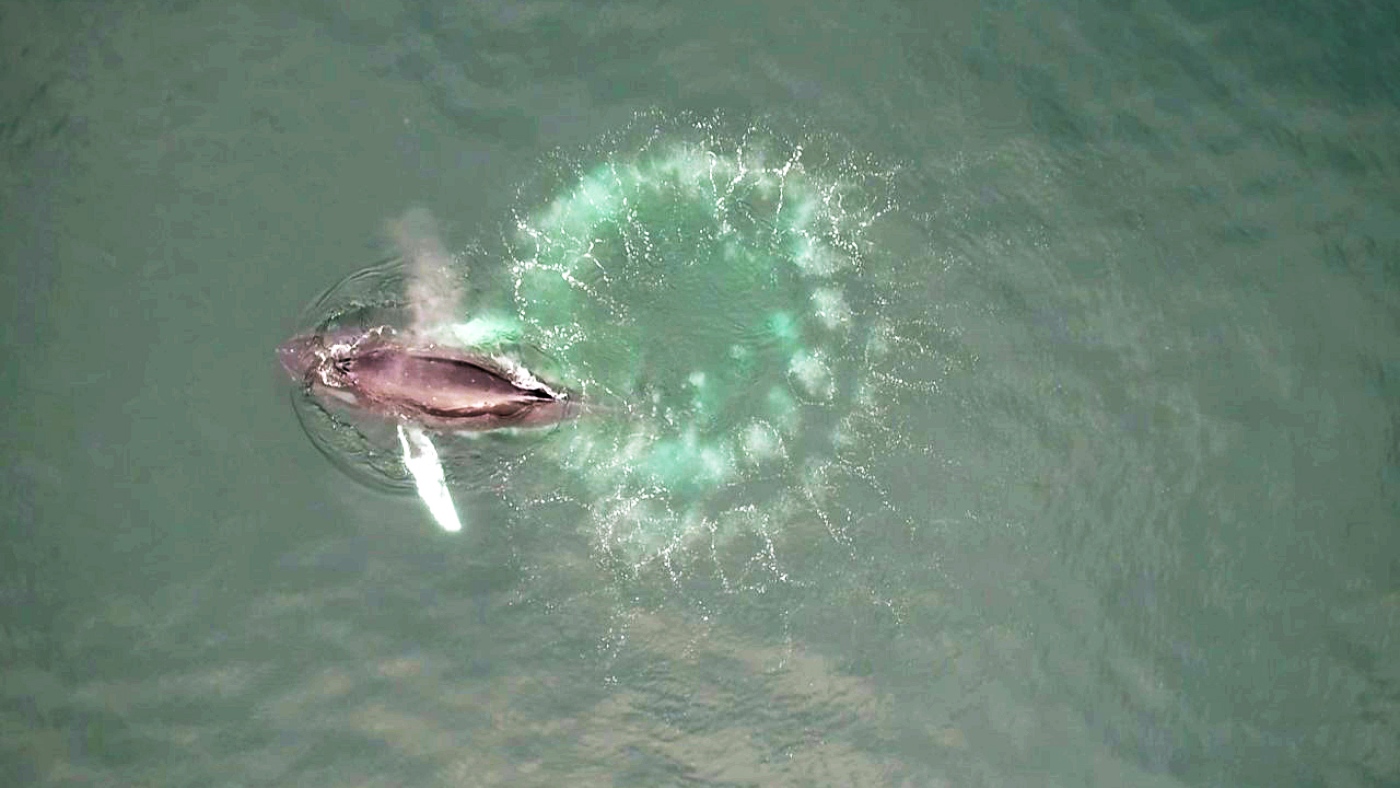Those who have an extreme competitive streak may have been raised by parents with toxic narcissistic traits, psychologists have warned.
Being a chronic people pleaser is another telltale sign that a person’s parents carry the disturbing personality traits that are linked to mental illness and relationship problems.
Professor Wendy Behary and Dr Craig Malkin say there are six tell-tale signs your parents may have these characteristics, and revealed, in a recent interview, how to ‘break the cycle’ and not copy their behaviour.
Narcissistic personality disorder (NPD) is a mental health condition characterised by a ‘pervasive pattern of grandiosity, need for admiration and lack of empathy’, according to official sources.
It is estimated that up to one in 20 people in the UK may suffer with the disorder to some degree, with experts such as Prof Behary claiming it is underdiagnosed.
Prof Behary, who specialises in treating people with narcissistic personality disorder, and director of the Cognitive Therapy Center of New Jersey, warned that the first tell-tale sign that someone was raised by a narcissist is that they are unable to say no.
‘They’re not able to say “I matter, I have needs”,’ she told HuffPost.
Dr Craig Malkin, a leading psychologist, explained that children of narcissist parents have been made to feel ‘sick, crazy or selfish for expressing the most basic of needs’, resulting in them becoming a complete push-over in later life.
Leading US psychologists have revealed six subtle signs you were raised by a narcissist, and how to break the cycle
Another key sign that a person was raised by a narcissist is evidence that they themselves have a toxic personality.
According to Dr Malkin, these toxic traits— including manipulating situations to make others feel small, gaslighting and guilt-tripping—are often learned behaviours.
Therefore, it is not uncommon for ‘strong-willed children, who are more extroverted from birth, to become narcissistic themselves in a game of “If you can’t beat them, join them,” he said.
The experts added that children of narcissistic parents will often be over-competitive with their siblings.
‘Extremely narcissistic people love to put people on pedestals—almost as much as they enjoy knocking them off them’, Dr Malkin explained.
And fourth on the list: ‘You spent your entire childhood putting out fires and maintaining the peace.’
According to Prof Behary, children of narcissistic parents often end up burdening a lot more of the emotional toll of life than their parents, meaning at times they feel more like a partner than a child.
She said: ‘It’s the sense of drama that the child feels they have to manage. In order to do that, they really have to forfeit a lot of their own innate childhood needs.’

Joan Crawford, played by Faye Dunaway in Mommie Dearest, is often said to be an example of a narcissist, due to the movie legend’s abusive behavior towards adopted daughter, Christina
Those who pride themselves on external validation, through school and adult life, may have been raised by parents with toxic personality traits, the experts claimed.
‘The child of the narcissist learns that the only thing that matters is what [they] can produce in the world,’ Dr Malkin said.
This is because narcissists often have an extreme need for higher accomplishment and social status worthy of praise.
Finally, the experts revealed that children of a narcissist often struggle to form a sense of self.
This is because narcissistic parents will often try to live vicariously through their children, pushing them into careers they would have liked for themselves.
‘Many children of narcissists will say “I always felt like I was poised to be more of a reflection of my [parent] rather than be my own person,’ Prof Behary explained.
Those who exhibit narcissistic tendencies, often learned from their parents, are more likely to develop mental health problems, have relationship difficulties and struggle with substance abuse, studies show.
Having a narcissistic parent can also cause siblings to drift apart, as they both fight for the limelight with one child often receiving high praise, and the other blame and resentment.

Other examples include American Psycho which focuses on the protagonist’s, Patrick Bateman, own narcissism, characterised by his distorted sense of self, mood swings and feelings of emptiness
This rejection can lead to children adopting the same toxic traits as their parents, out of fear that they could be ridiculed by outsiders.
However, the experts said that this destructive cycle can be broken.
‘Children of narcissists who find themselves name-calling and hurling insults aren’t without hope, but they need to roll up their sleeves and work hard emotionally.’
To break the cycle, the psychologists said the first step is acknowledging the needs your parent may have failed to meet when you were a child, and practice acceptance.
Dr Malkin continued: ‘[Children of narcissistic parents] need to become comfortable feeling ― and expressing ― vulnerable feelings like sadness, loneliness, fear, and overwhelm with those they love.’
However, he warned that in some cases, a person who was raised by a narcissist should consider limiting contact with their parents in later life.
The three key warning signs that a parent may be life-destroying are abuse, denial and psychopathy.
In this case, psychopathy—characterised by a web of lies and manipulation—indicates that this person may actually lack the ability to empathise with others, Dr Malkin warned.
‘No one should ever have to put up with emotional or physical abuse, and if parents can’t acknowledge the fact there’s a problem in the first place, there’s little chance that anything will change.’
He added: ‘Abusers are 100 per cent responsible for their abuse, and only they can stop it.
‘Until they do, interactions won’t be safe.’






